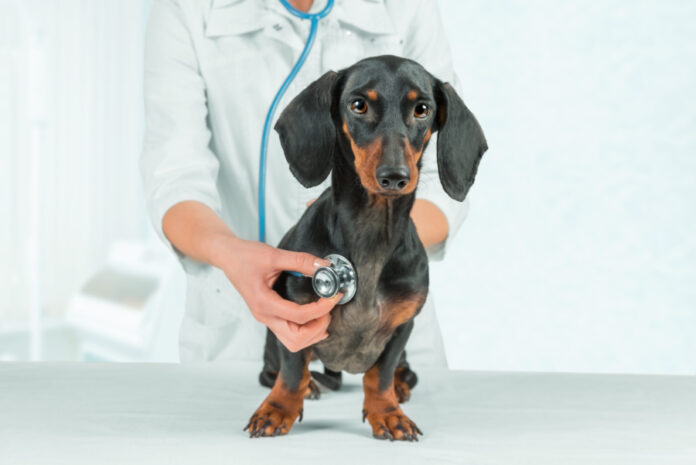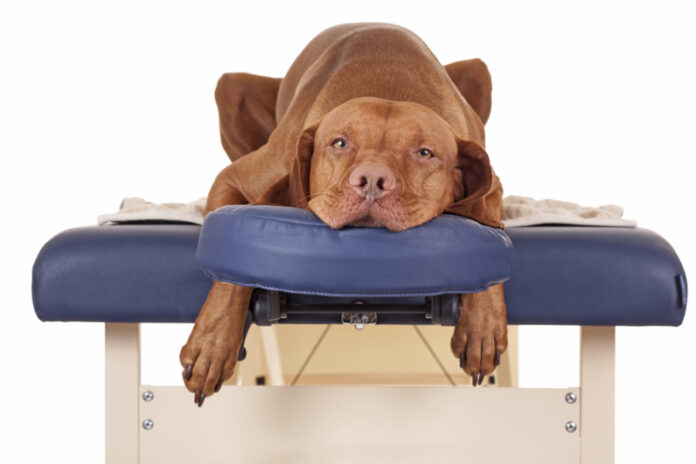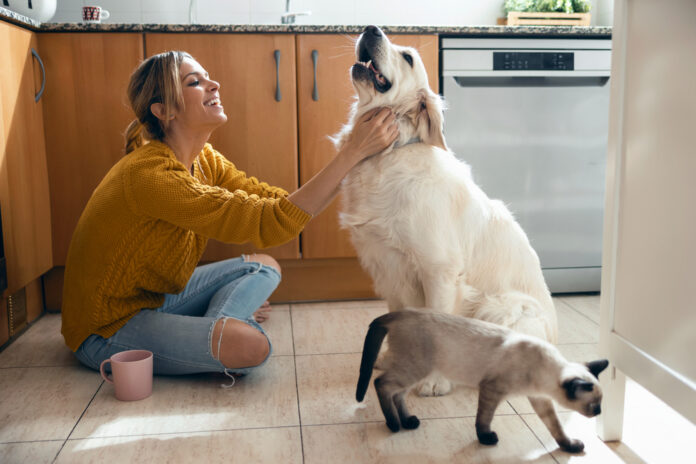What’s the Best Cancer Treatment Plan for Your Dog?

Receiving a diagnosis of lymphoma or leukemia for your dog is emotionally challenging and raises many questions. “What are the odds my dog will survive the cancer? Does she have to receive chemotherapy, and will she have side effects? How can I best support her through her cancer treatment? How am I going to afford all of this?” These are all questions to be discussed with your veterinary oncologist, who will advise you on the best course of action with your dog’s optimal welfare in mind. But there are some things you should know that may ease your mind a little.
Finding the Best Treatment Plan
Every day counts in the fight against cancer, but too often, time and money are wasted trying to find the right drug to treat your dog’s cancer. ImpriMed has created the most advanced Artificial Intelligence (AI) technology available in helping your veterinary oncologist find the best approach to treating your dog, and ensuring the correct medication is chosen from the outset. This not only saves your dog precious time, but it also helps you afford the correct treatment.
Here’s how it works. Your veterinary oncologist will take a sample of the tumor and send it overnight to ImpriMed. “We will test commonly used anticancer drugs on your dog’s live cancer cells to determine which drugs work best,” says Dr. Sungwon Lim, CEO and Co-Founder of ImpriMed, Inc. “These test results will be combined with information about your dog, and AI will be used to generate a precision report for your veterinarian.”
Within seven days of your dog’s biopsy, your veterinary oncologist will have the test results, and you can both decide on the best plan of action for her treatment.
Side Effects from Chemo
Once the treatment plan is in place and you and your dog are preparing for chemotherapy, it’s important to note that many of the concerns humans have for their own chemotherapy treatment are not the same for dogs. Yes, even the best cancer treatment plan will have concerns for both humans and animals, but when it comes to side effects from chemotherapy, you can rest assured your dog is unlikely to suffer from the same issues many humans do.
Commonly-experienced stomach problems include vomiting, appetite loss, diarrhea, and ileus — a temporary lack of muscle contraction in the digestive tract, often mistaken for constipation. Talk to your veterinary oncologist about the best ways to deal with your dog’s stomach upset.
Knowing you have the best possible treatment plan in place — as well as potential side effect support from your vet — can help sooth both your nerves and your dog’s stomach. A cancer diagnosis is frightening, but with the right technology and treatment plan, your dog has a much better chance of returning to the fluffy light of your life that she is!




